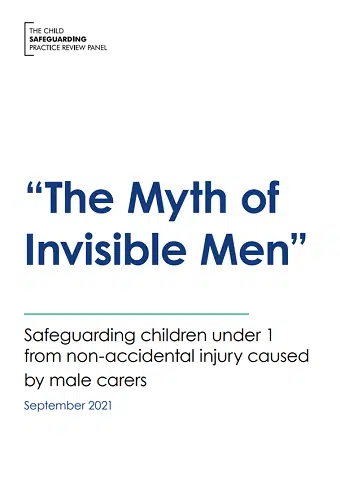Following requests from our members, we are pleased to be able to provide a special Safeguarding Learning Insight event providing learning to support our members in their practice.
This event is open to all members to attend.
This Insights webinar is on Wednesday 9 November 10:00 to 11:00 (join from 09:45 to allow a prompt start).
Come along, learn from National experts, and have an opportunity to ask questions.
We are delighted to announce our speakers for this event are as follows:
- Annie Hudson, Chair of the Safeguarding Practice Review Panel, and Sally Shearer, Panel Member – Nursing representative: Learning from the deaths of Arthur Labinjo-Hughes and Star Hobson, and the implications for health visiting practice.
- Trish Stewart, Associate Director of Safeguarding, Central London Community Healthcare NHS: Courage and compassion in safeguarding
The webinar will be recorded and will be available to iHV Members who are unable to join the live webinar on our website after the event.
Please join us – we anticipate high demand for this special Insights webinar, spaces are limited so please do book early to avoid disappointment.
How to book for iHV members
Go to our Eventbrite booking page and please use your iHV membership number as your access code. If you have any problems or enquiries please email [email protected] and we will be happy to help.
Once you have submitted your details, you will be able to select your ticket and proceed to checkout – please note that this webinar is free to iHV members.
Not an iHV member?
Previous iHV Insights
The great news is that all iHV Insights webinars are available for iHV members to access as a free member benefit after the event, as well as joining the live session. As a member, you can access all of our previous iHV Insights webinars.
Click here and log in to catch up on our previous iHV Insights.




